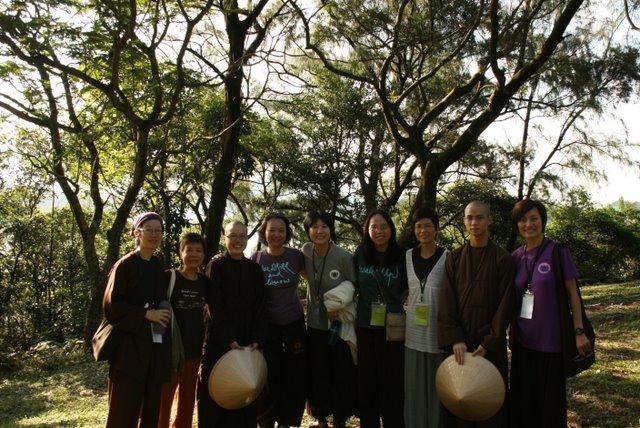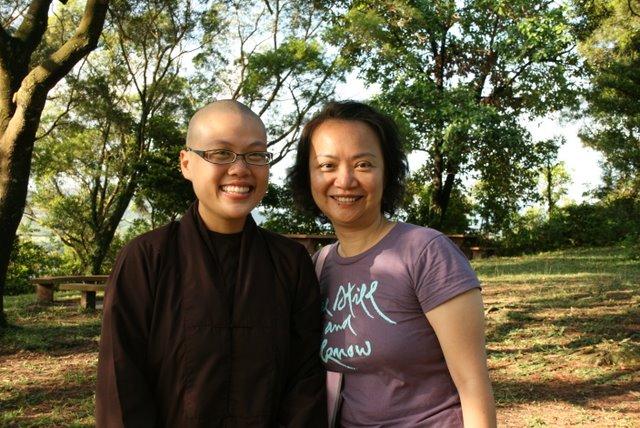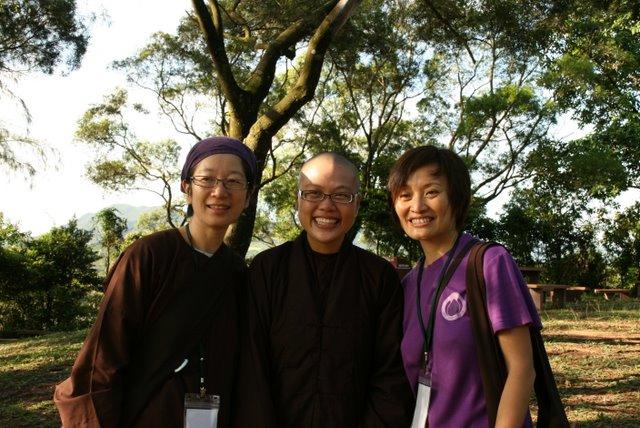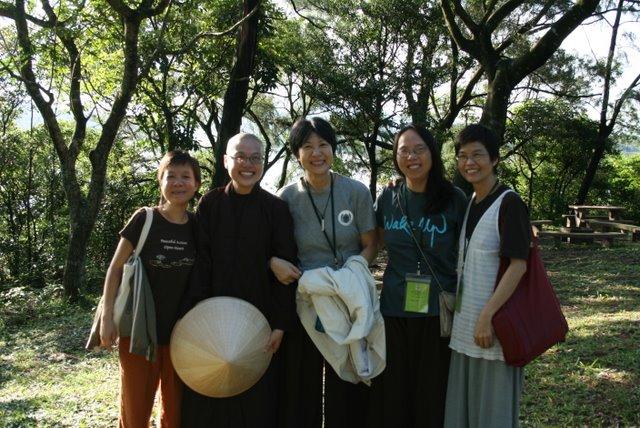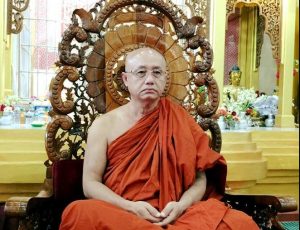Cities and the lives that are lived in them constitute a paradox. For many people, this has almost become a cliché. A city is theoretically more interconnected than any other human community, but much noise has been made about the loneliness of life in urbanized households and work habits. Apartment-dwellers live closer to each other than anyone else, yet they can be the most isolated of citizens. It is easier to lose one’s sense of community in a city. Therefore, it is community or the environment of all-embracing community that defines the sanghas (Buddhist communities of practice) that make a real difference to its members.
One of the best examples is easily Plum Village, Thich Nhat Hanh’s France-based sangha that has centres across the world. It took several weeks of practice with the Hong Kong community and participating in one of the retreats to pin down exactly why Plum Village stands out as a truly international Buddhist community that embraces people from all walks of life. I met and asked a friendly group of Plum Village practitioners what made Plum Village one of the largest and most appealing sanghas in the world. From my conversations with Gabriel, Peggy, Colleen, and more, I learned of these hallmarks:
1. Non-sectarian. Plum Village claims that it tries, in principle, to transcend not only Buddhist schools but also all sectarian boundaries. Technically, Plum Village owes its heritage to the Vietnamese Zen tradition, but it is so open that it is not uncommon for people of no faiths or other faiths (such as Catholicism) to come and practice less specifically “Buddhist” activities that they feel comfortable with, such as meditation.
2. Easygoing. I tried to think of a more formal word, but “easygoing” is really what characterizes the Brothers, Sisters, and Dharma teachers of Plum Village. Retreats are not austere. Meditation is not done for more than two hours. More emphasis is given on sharing experiences, play, family activities, and children’s fun.
3. Contemporary. Of course, many other sanghas also profess to be modern and up-to-date with the times, but it is undeniably rare to see monks in other traditions (usually due to more restrictive vows) playing soccer, singing spiritual songs, and playing the acoustic guitar. In general, this kind of approachability is also more entertaining and engaging for children.
4. Culturally adaptable. I have listened to some of the Plum Village songs that were recorded in France and Europe. They are sung in languages native to the country they were released in, performed with European instruments, and based on the Western musical style. Add to that the religious neutrality of the lyrics (unlike Chinese Buddhist songs, there is little mention of the Heart Sutra or Avalokiteshvara), and one would be very impressed to realize that this sangha lives up to its professed global appeal.
5. Fundamentally communal. Thich Nhat Hanh, through his bestselling books and teachings on interbeing, has taken the vocation of building a solid fourfold community (of monks, nuns, laymen, and laywomen) very seriously. By interweaving social activism, internationalism, and the dimensions of family and friendship into Plum Village, Nhat Hanh has built a common spiritual home for people from vastly different nations.
It is said that those new to Buddhism are not sure what to make of its cultural trappings, which are typically Asian and expressed in Asian languages. This is gradually becoming less of a problem due to various factors, thanks to Western-born teachers and the growing skill and awareness of Asian teachers in adapting their teachings. But Plum Village’s contribution to this awareness is significant. It is extraordinary to remember that several decades ago, its home country of Vietnam was torn in half, and with so many of its innocent citizens sacrificed for a horrific war. But the past is fuel for the future, and Plum Village is propelled by a Buddhist sense of calling that has become a distinguishing example of all sanghas hoping to cultivate an international, non-sectarian spirit.




